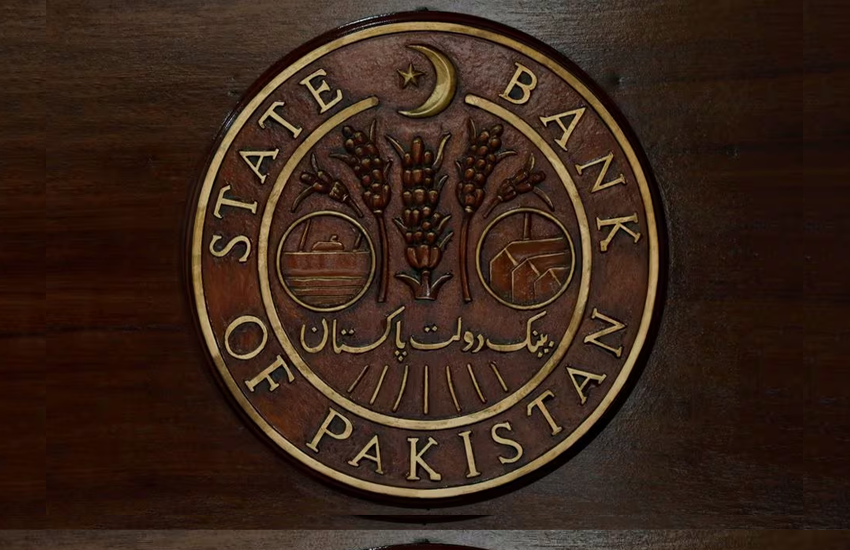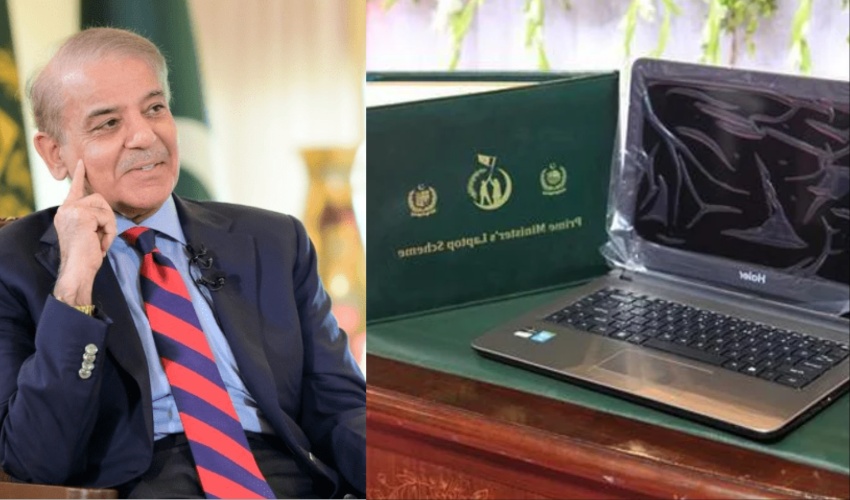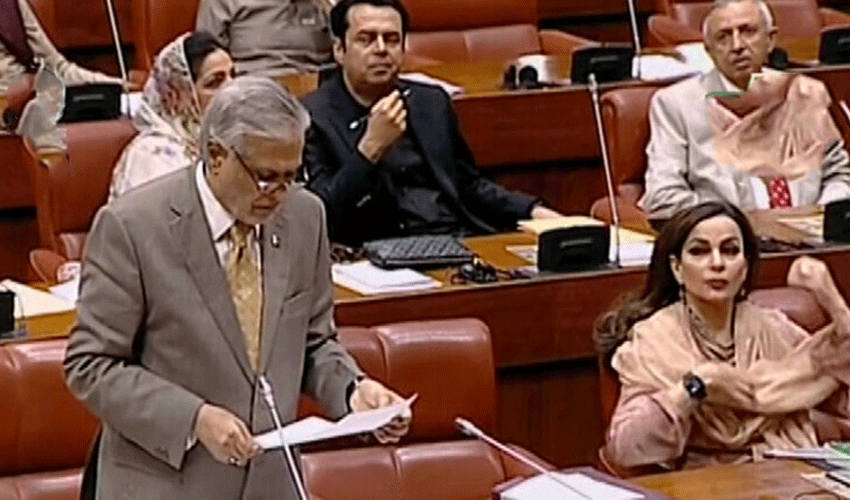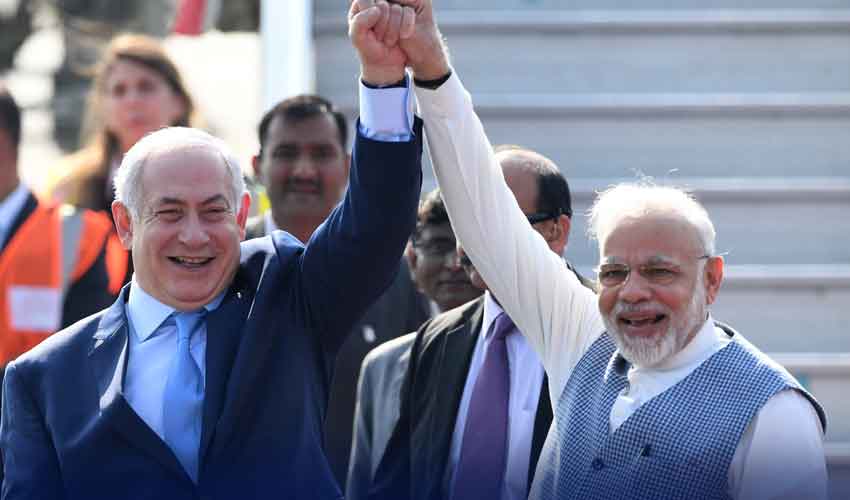The State Bank of Pakistan (SBP) on Monday slashed the policy rate by one percentage point, reducing it from 13% to 12%.
This decision follows the latest meeting of the Monetary Policy Committee, which highlighted significant improvements in key economic indicators, including a persistent current account surplus and a sharp decline in inflation.
Addressing the press after the meeting, the SBP Governor Jameel Ahmad stated that the reduction in the policy rate was made possible due to favorable economic conditions, particularly the country's current account, which has remained in surplus for six consecutive months.
"The ongoing surplus in the current account and the considerable drop in inflation have created a conducive environment for this rate cut," the governor explained.
The current account balance has also shown remarkable improvement, recording a surplus of $1.2 billion over the past six months, compared to a $4.1 billion deficit previously. This progress has contributed to stabilizing foreign exchange reserves, which are expected to exceed $13 billion by the end of June 2025.
The governor highlighted that the policy rate reduction, totaling 10% over the past seven months, would gradually impact the economy, accelerating growth and economic activities.
He projected GDP growth for the current fiscal year to range between 2.5% and 3.5%, supported by increased oil consumption and improving economic activity. However, agricultural growth remained subdued in the first quarter at 1%, compared to 8% in the same period last year.
Foreign exchange inflows, although lower than expected in the first half of the fiscal year, are anticipated to pick up in the second half.
The SBP repaid $6.4 billion of external debt, with the remaining $3.6 billion to be paid in the next six months. Multilateral inflows are also expected to support the external account.
SBP governor assured that external payments are being made on time and banks no longer require SBP permission for transactions. Shipping companies and airlines are now processing external payments without delays, while imports, including oil, are showing improvement.
He emphasised the SBP's commitment to monitoring the financial system to prevent past issues and ensure effective oversight. The combined efforts of the government, the central bank, and the market have contributed to this progress.
It should be noted that the policy rate previously reached a record high of 22% in June 2024 before being reduced by 9% over five reviews. The latest reduction follows the SBP's review on December 17, 2024, when the rate was slashed by 2%.


























